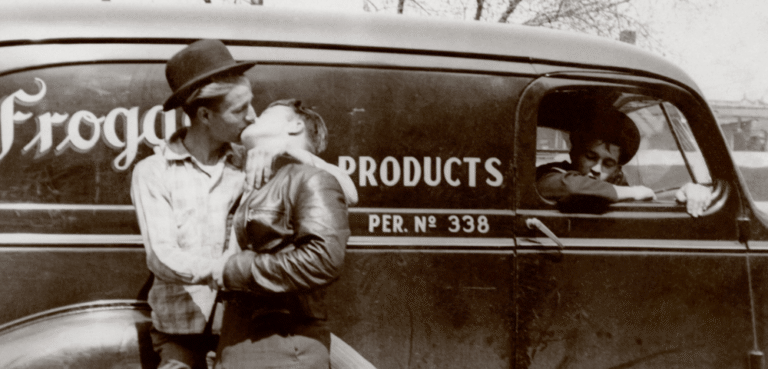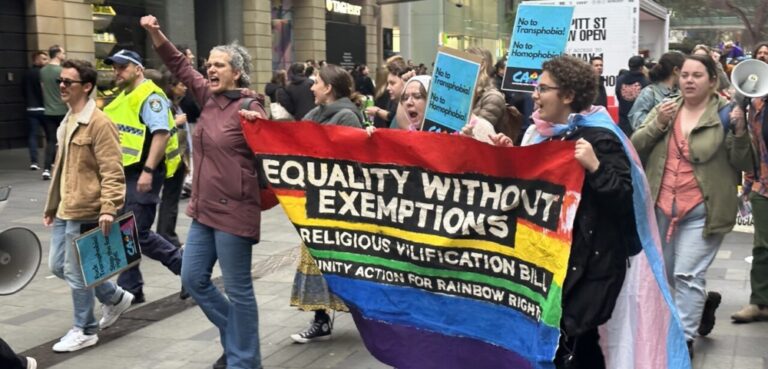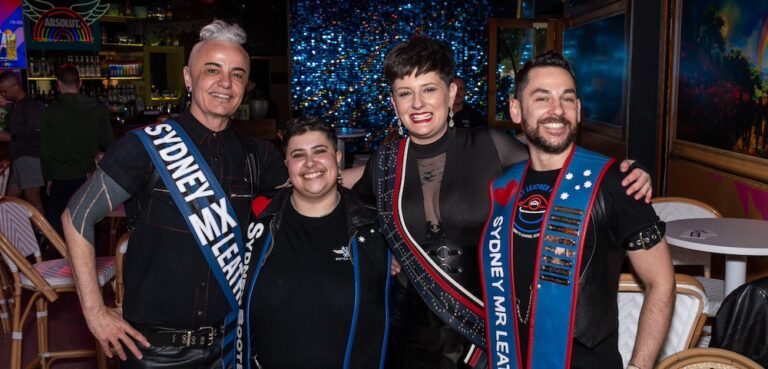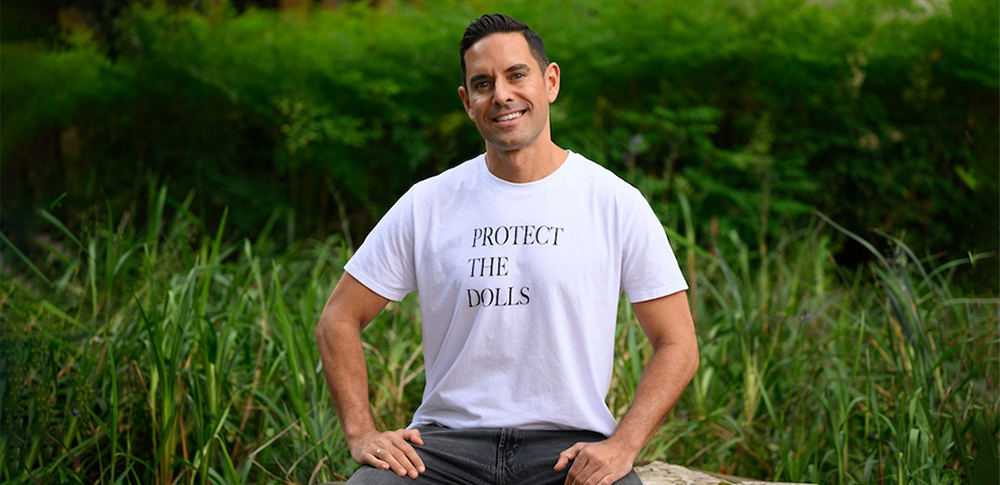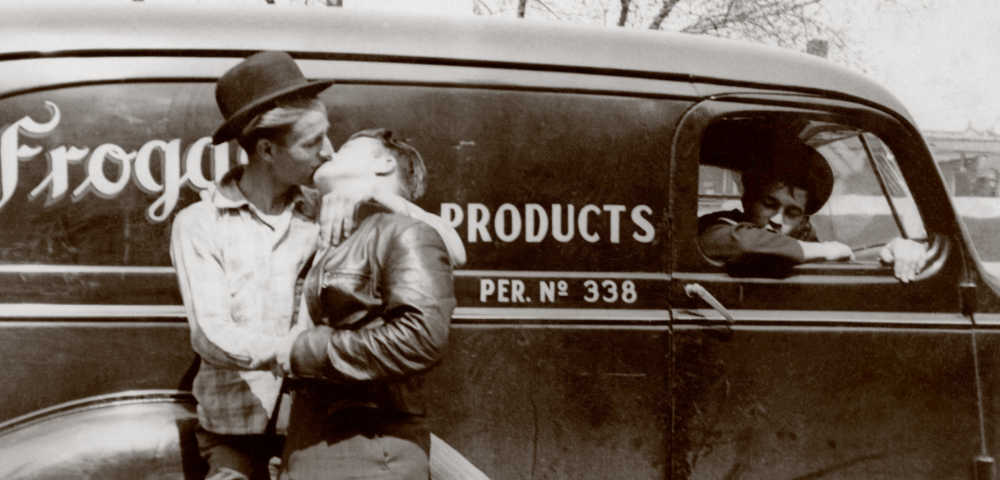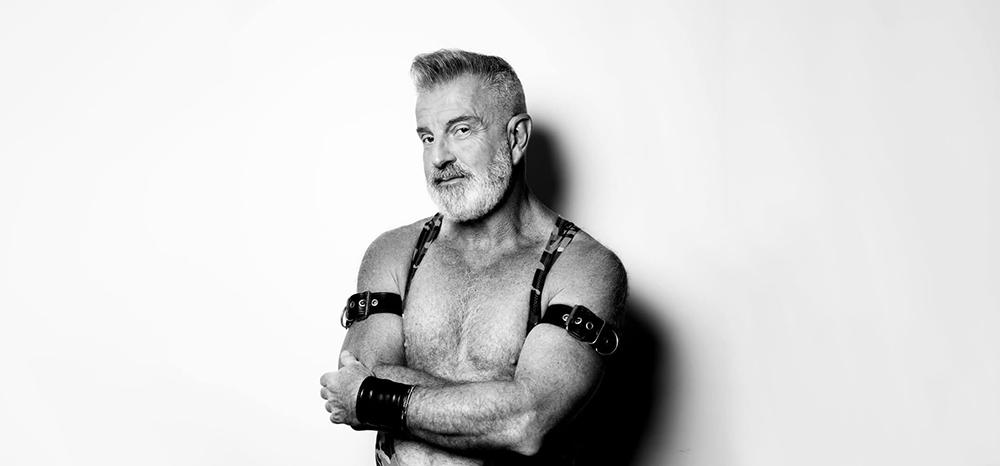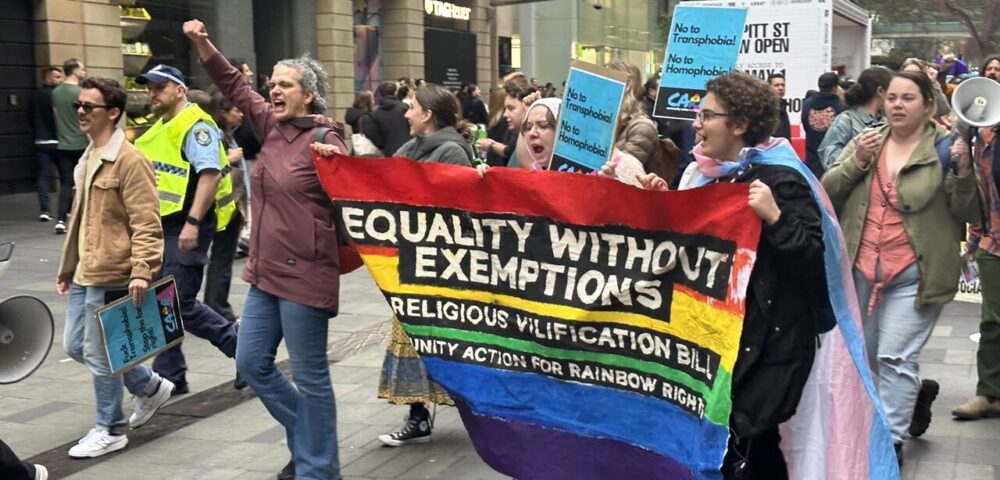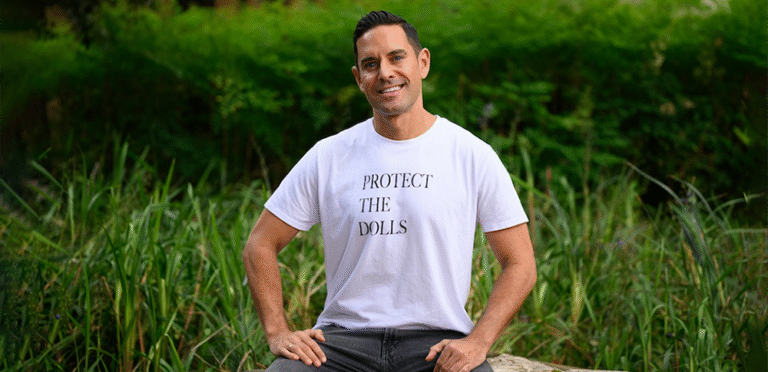
Full transcript of Alana Valentine interview
Transcript of interview with Alana Valentine, July 2004
ALANA VALENTINE: The whole story has really been kicked off by a number of Stateline stories, which is the ABC program. They did a couple of stories about Aboriginal women going back to Parramatta, which I saw in about July last year -¦ When I saw the story on air I thought it was one of the most moving stories I’d ever seen. It was basically about women who were put into a state home because they were charged with being uncontrollable. Or the other popular charge is exposed to moral danger which means that when a child is in a situation where you have an alcoholic parent or they’re being neglected in some way or abused, the child is actually charged and put into Parramatta Girls.
It kind of was set up in the early 1900s, 1905. There’s some conjecture that it was the late 1800s, but I’m still trying to find that out. I think I’m going to go with the 1905 date at the moment. Because they’d set up homes for boys, but suddenly, as one of my interviewees said, they realised oh my God, we’ve got all these girls. And some of them were state wards and some of them were children who were, like I say, charged with being truant, all manner of things. Very few of them were children who committed any kind of, what we would now understand as a crime. So they were incarcerated from six to nine months -¦ It was pretty much a house of horror. What’s so extraordinary is it’s so consistently a place of abuse, mental, emotional, physical and sexual abuse, from a series of superintendents, officers. It just seems to be that thing of institutionalised corruption and violence, unfortunately.
What I found in the women, was women of incredible resilience and humour and total inspiration. But also women who have stories of having survived extraordinary hardship. So, there are stories of obviously sexual abuse from some of the officers and pretty tough experiences from some of the other girls as well. There’s no way that it was just the people who were running the home. The girls themselves were pretty hard on each other.
The play goes into what the nature of those experiences are.
TIM BENZIE: How much of the abuse was condoned because of the time in which it took place, for instance, behaviour that might have simply been considered the hard discipline of the era?
AV: This is what’s really interesting. There has been a Senate enquiry into children in care. I’ve been out to the Senate enquiry, which was held all around Australia. There were three days held in Parramatta. And they took submissions from all the care agencies as well as other interested parties, including obviously the children who’d been in care -¦
And there was this really big debate -¦ A lot of the welfare people were saying it was really different times. There were really different standards for how you treated children, blah blah, all this stuff. This guy stood up and said Actually, there’s documented in 1889 a report from the St Vincent De Paul society saying that any abuse of children should be reported. In 1923 there’s actually the Child Welfare Act, which sets out the conditions for how you can incarcerate children and deal with them. All of that is about mandatory reporting of any kind of abuse.
So it was really shocking for me to go out to the Senate enquiry to hear people giving evidence and saying oh well, they were really different times and now we have mandatory reporting’. It was 60 or 70 years ago, it wasn’t the Jurassic, as one of the characters say. I think there’s this real thing of you’d never get away with this today. What I’ve discovered, which is really appalling is that I just think it’s about a long history of Australia incarcerating children and people who are poor and displaced in society. That’s what I’m finding a thread about. This excuse that it was a long time ago just doesn’t wash with a lot of kids. I think it’s really exciting that we’re saying that very loudly.
TB: Was it a religious institution?
AV: No, these were state-run institutions. Yes, that’s what we have seen a lot of in the last ten years -¦ The Magdalene Sisters is obviously about that -“ but no I think that expose’s yet to come -¦
As a state ward you were charged with being uncontrollable. That’s from the age of three months old. That’s the only way they could take you on as a state ward. It’s pretty extraordinary kind of stuff. When you read back over why they started these homes, it was considered a social experiment. One of the men stood up at the Senate Enquiry I was at and said this is an experiment that’s been going on long enough without a report on whether it’s a success or not. Some of the things that they did to the kids in the homes -“ are in the play. I don’t want to pre-empt it by bringing out the gory details -¦
I go into not just what happened in the home, but how the kids got there, what happened to the women afterwards and how they’ve survived it.
TB: Have you found the experience of writing verbatim theatre easier since penning Run, Rabbit, Run? [Valentine’s verbatim theatre piece about the South Sydney Rugby League Club, produced by Belvoir Street Theatre in 2003]
AV: Verbatim is a bit of a hot topic in theatre at the moment. I don’t know if you’ve seen any of the British articles about verbatim. There’s been a lot of British verbatim, but there’s also been increasingly people discussing it and how it works. The thing for me is I’ve learnt a lot of lessons with Run, Rabbit, Run, and one of them was that incredible, the authenticity of the relationship with the audience in verbatim theatre. They just love having that access to real people. I’ve kind of learnt a bit more about how to locate the drama on stage rather than in the past. This is a really good project for that because the women are going back to a place which provokes memories for them, but they’re also in a state of dramatic change as they’re doing it. I don’t want to get too technical, but I’ve got the drama of the past and the drama of the present.
That’s the other thing, I’ve interviewed people in groups. Like I went out to the reunion and I went to the indigenous women’s reunions, which was absolutely hilarious, down at the Rocks. There were 30 of these indigenous women and we got a bus, they were staying out at Minto I think, that was their reunion. They got on the bus and they were like, we want to drive up to the Cross. It was just hilarious. They had two Muslim drivers who were wanting to stop to do their prayers and there were these 30 indigenous ex-Parramatta girls. It was just fabulous chaos. All of that’s kind of found its way a bit into the play.
TB: Has there been any resistance from interviewees?
AV: No. None. These women are aching to tell their story. Every single one I talked to has talked about the shame. Why they haven’t talked about it up until now. It just seems so obvious to me. Lots of their kids don’t know that they’re Parramatta girls. It’s just extraordinary. They said that they didn’t talk because they knew they wouldn’t be believed. They said that over and over again. Because they talk about things and go do you believe me? And I’d be like I believe you! I believe you!. There was a woman Coral who said I was told every day for nine months that I was a bad girl. And I’ve carried that for my whole life.
Now they’re kind of celebrating being bad together. I just figured -“ wow, these are my kind of women. I’ve been really honoured that they’ve told me their stories.
Some of them are at different stages of dealing with it as well. Some of them are well through it and are angry and want justice and all of that. Others are still right back in that place -“ a 12 year old being held down and brutalised.
I’ve included a packet of tissues in my interviewing kit, is all I can say. Some of them get pretty upset. But that’s good too, it’s a healing process -¦ The women have been almost consistently poor, and frequently indigenous -¦ I’ve interviewed five indigenous women, and I interviewed one woman Marlene who talks about rioting and climbing up on the roof. She’s fantastic, she’s just this great girl. She says oh, I realised you could pull the tiles off the roof, so I just started throwing them at the superintendent. By that stage in the play you’re really aching for someone to rebel and fight back and not be a victim any more. They’re out of control these girls, but in a good way.
TB: Will you go back to writing non-verbatim plays?
AV: Works of the imagination? I am, yes. Playbox have commissioned a rewrite of The Whispering, which is a play I did at the Playwrights Conference a couple of years ago. It’s a curly question. I think there’s a huge amount of room for acts of the imagination. God, I would hate to never be without it. But there are some stories -“ and I talked about this with Run, Rabbit, Run, there are some stories you tell because if you tried to make them up people wouldn’t believe you. I mean, who’d believe that a football team would beat Rupert Murdoch? And it’s the same with this. Because this stuff is so hair-raising and extreme, the voracity of it being true, gives it something that no amount of fictional elegance could add. I think you still have to choose the stories that you do as verbatim and you do them because truth is stranger than fiction sometimes. I don’t think there’s any point in doing a verbatim play with something that could be more eloquently dealt with imaginatively, if that makes sense. There’s still lots of room for imaginative stuff.
The thing that people are always amazed by is how funny and how perceptive, philosophically perceptive real people are. You listen to these people and you go, God these are working-class philosophers. I think that’s really nice too -¦ The way in which a verbatim person sneaks up on you -“ the emotion sneaks up on you. You’re listening to someone and they’re babbling away and there’s non sequiturs and suddenly they’ll say something really profound and it hits you in a way that a well-shaped speech -“ where you’re being led to the emotional bit -“ doesn’t. We’re so inured of that now, we can see it coming -¦ It’s funny how we’ve consumed so much story-telling these days -¦ the audience is two miles ahead of you -“ no matter what you do as a dramatist. There’s no way of hiding where you’re going. I think that’s why people are really responding to it [verbatim theatre] because it’s another new way into the material.
TB: Verbatim theatre plays such as Aftershocks for instance, encountered a number of ethical hurdles once they reached production, with interviewees upset at how they had been represented.
AV: I’m really upfront with the women about that. It says it’s by Alana Valentine, not Alana Valentine and the women [of Parramatta Girls]. I think it’s my version and it’s as much a fiction as anyone else’s play. Within that there’s still responsibilities to be respected, particularly given that I’m dealing with indigenous women’s stories as well -¦ I think that a big part of writing a play like this is about your relationship to the community as well. The play becomes the evidence of that, but there’s a whole iceberg of interpersonal relationships that are about other than the play. That’s why it is sometimes easier to sit at your desk and make it all up. But the rewards are extraordinary as well. To actually think that these women really existed, really lived through this; this is not someone making this up. This is real, has a kind of power that you just can’t buy in any other way.
Click here to read the article Liberation, word for word.
